Description
| PE-22-28 | |
| CAS Number | 218949-48-5 |
| Molar Mass | 2012.3 g/mol |
| Chemical Formula | C96H142N26O22 |
| IUPAC Name | L-tyrosyl-L-alanyl-L-prolyl-L-leucyl-L-prolyl-L-arginyl-L-tryptophyl-L-seryl-glycyl-L-prolyl-L-isoleucyl-glycyl-L-valyl-L-seryl-L-tryptophyl-glycyl-L-leucyl-L-arginine |
Introduction
Peptide Vials PE-22-28, a state-of-the-art instrument for a wide range of scientific studies. A synthetic peptide sequence created especially to satisfy the needs of contemporary research is contained in these vials. We have verified the highest quality and purity of our peptide product through comprehensive laboratory testing, enabling researchers to produce precise and trustworthy results.
Key Characteristics
PE-22-28 Vials are characterized by their precise formulation, ensuring stability and reliability in laboratory settings. The vials are tailored to meet the rigorous standards of research, providing researchers with a consistent and controlled tool for their investigations.
Research Applications
PE-22-28 Vials are intended for a range of research applications, including cellular studies, neuroscience research, and investigations into molecular pathways. The product is designed for use in non-human models to gain insights into the effects and mechanisms associated with PE-22-28.
Research Benefits
PE-22-28 May Promote Muscle Relaxation
Studies suggest that PE-22-28 may exhibit properties promoting muscle relaxation. This benefit opens avenues for research focused on understanding the molecular mechanisms underlying muscle function, potentially contributing to the development of interventions for muscle-related conditions.
PE-22-28 May Help Treat Depression
Research indicates that PE-22-28 may have potential applications in the treatment of depression. This finding offers an intriguing avenue for further investigations into the neurochemical aspects of depression, potentially leading to the development of novel therapeutic approaches.
PE-22-28 May Treat Neurodegenerative Diseases
PE-22-28 shows promise in research related to neurodegenerative diseases. Studies suggest potential neuroprotective effects, prompting further exploration into the compound’s ability to mitigate cellular damage and dysfunction associated with neurodegenerative conditions.
Summary
PE-22-28 Vials provide a valuable tool for non-human research, featuring a precise formulation for investigating the potential benefits of PE-22-28. The compound’s observed effects on muscle relaxation, depression, and neurodegenerative diseases make it a compelling subject for research in diverse fields, offering researchers an opportunity to expand our understanding of cellular and molecular processes. It is crucial to emphasize the importance of ethical research practices and compliance with regulatory guidelines when utilizing PE-22-28 Vials.
Disclaimer
This content is presented exclusively for educational purposes and should not be construed as medical advice. THE MATERIALS REFERENCED HEREIN ARE EXCLUSIVELY INTENDED FOR LABORATORY AND RESEARCH USE.
Any clinical research initiatives must be conducted under the guidance of the relevant Institutional Review Board (IRB). Similarly, preclinical research involving animals must comply with the directives of the Institutional Animal Care and Use Committee (IACUC), adhering to the standards delineated by the Animal Welfare Act (AWA).
Our informational content is meticulously designed for research-oriented insights and is not a substitute for individual analysis and verification from credible sources before any purchasing decisions are made.
Upon the finalization of your order and payment, you explicitly acknowledge and agree to adhere to our Terms and Conditions. Customer contentment stands as our paramount concern. Should you find any dissatisfaction with the product received, kindly contact us at 419-707-5450 or email our support team at support@bc9.co.
IMPORTANT NOTICE: All products showcased on our platform are EXCLUSIVELY INTENDED FOR LABORATORY AND RESEARCH APPLICATIONS. They are expressly not intended for veterinary or human utilization.
References
- Lei Q, Pan XQ, Chang S, Malkowicz SB, Guzzo TJ, Malykhina AP. Response of the human detrusor to stretch is regulated by TREK-1, a two-pore-domain (K2P) mechano-gated potassium channel. J Physiol. 2014 Jul 15;592(14):3013-30. doi: 10.1113/jphysiol.2014.271718. Epub 2014 May 6. PMID: 24801307; PMCID: PMC4214657. [Read More]
- Moha Ou Maati H, Veyssiere J, Labbal F, Coppola T, Gandin C, Widmann C, Mazella J, Heurteaux C, Borsotto M. Spadin as a new antidepressant: absence of TREK-1-related side effects. Neuropharmacology. 2012 Jan;62(1):278-88. doi: 10.1016/j.neuropharm.2011.07.019. Epub 2011 Jul 22. PMID: 21807005. [Read More]
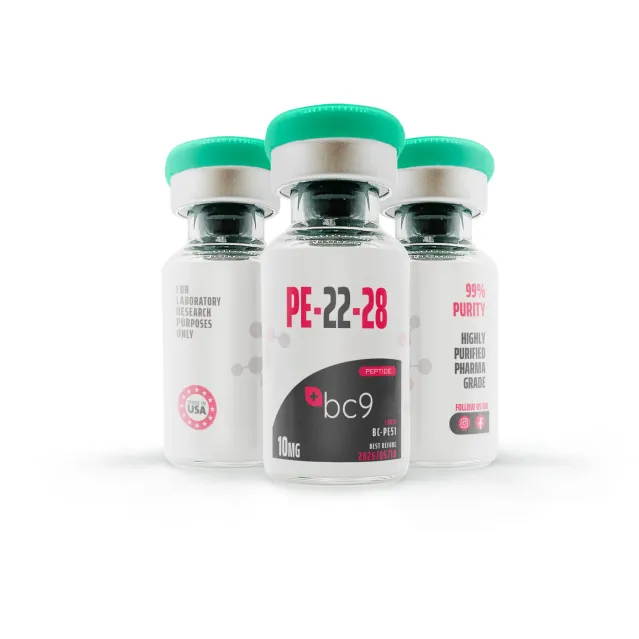
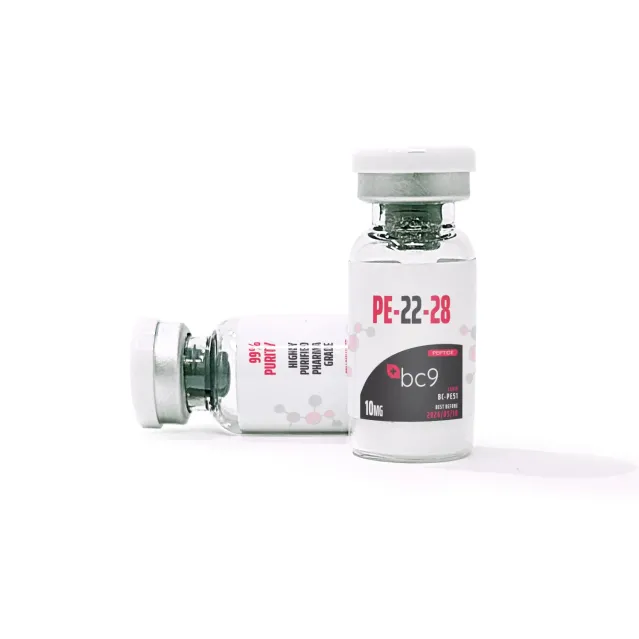
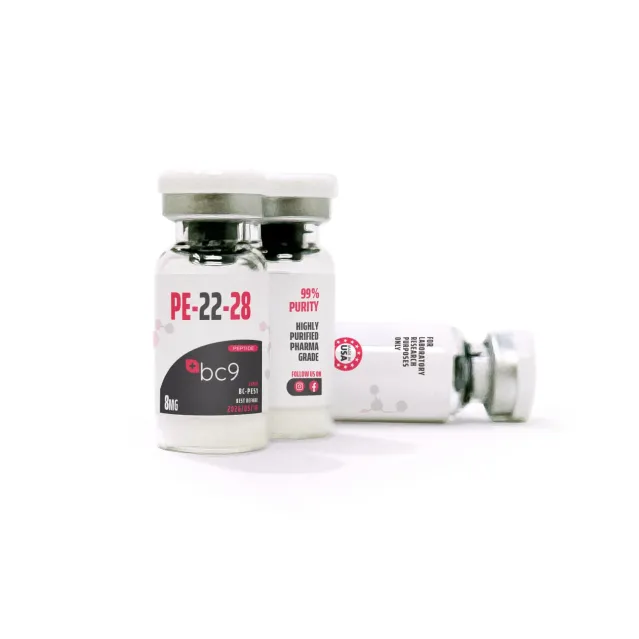

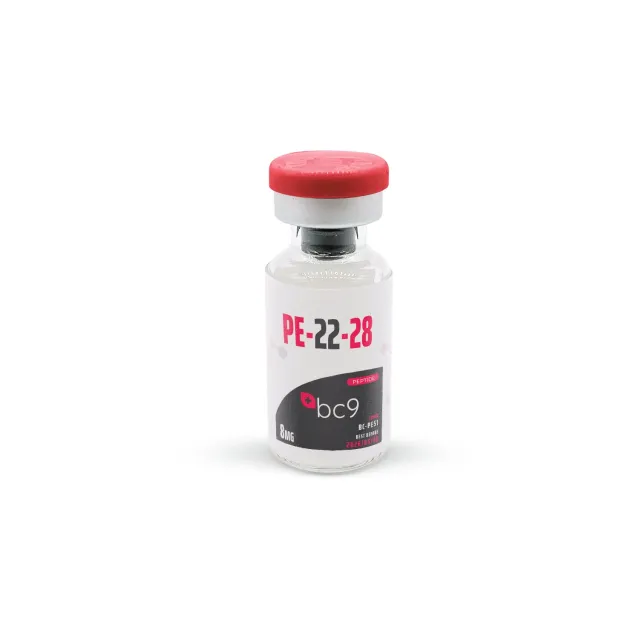
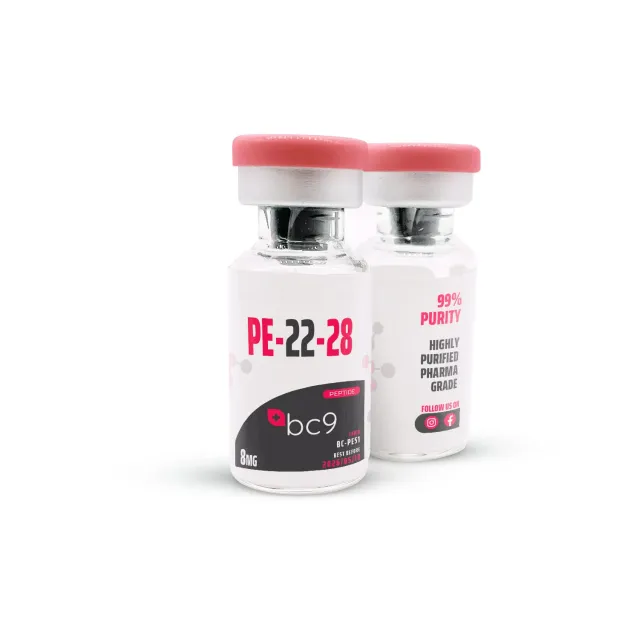
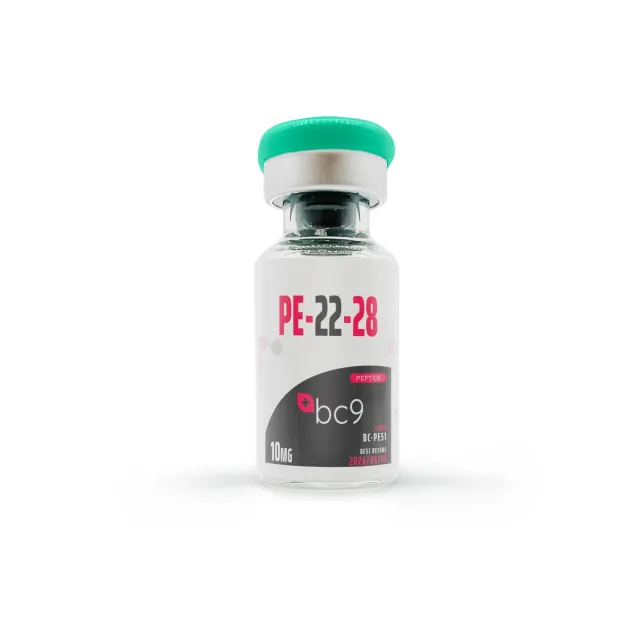
Earnest Downs –
The results I’m getting are impressive. I would highly recommend. Thank you.
Caleb T. Knight –
First time ordering here and it was great! The delivery was quick, and my item arrived safely. I will consider this site for future purchases
Gerald –
Amazing product, would definitely buy again.